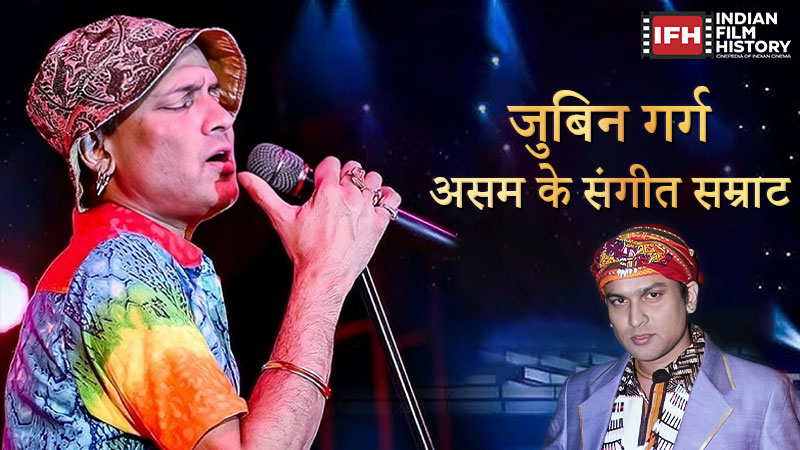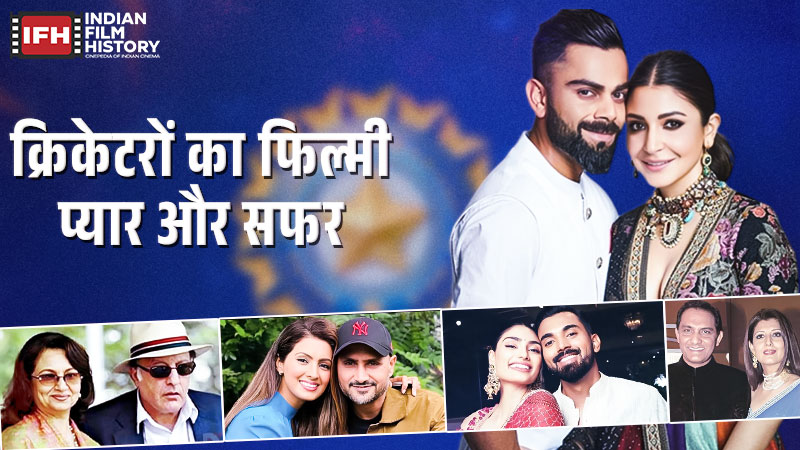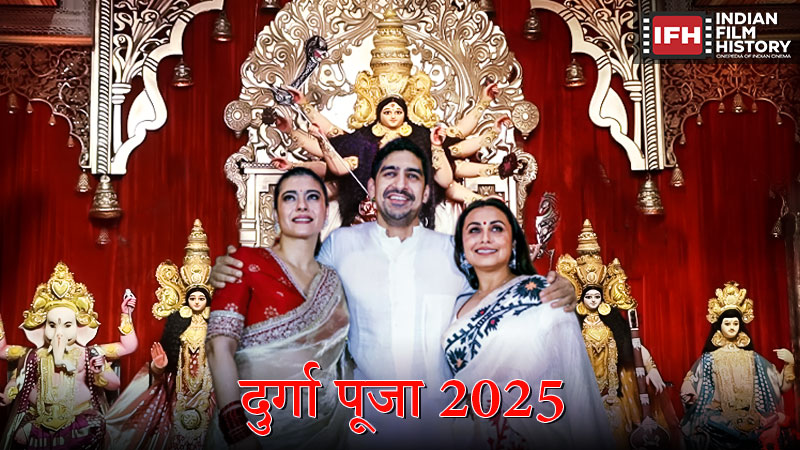Alam Ara (1931) turned Indian cinema into talkies. Within three years, Indian Cinema made an international mark. The film Seeta won the prestigious ‘Gold Medal’ at the 3rd International Exhibition Of Cinematic Art at the Venice Film Festival in 1934.Kolkata’s genius writer-director Debaki Bose, made the film, revolutionizing Indian cinema’s technical craft.
Film critics and historians state Indian cinema mostly makes mythological films based on Ramayan. However, Debaki Bose‘s Seeta (1934) is considered one of the best adaptations of the Hindu epic Ramayana. The film was brilliant; Debaki Bose selected Indian cinema best artists to play the roles of Ram and Seeta. While the tall and handsome Prithviraj Kapoor played Rama and the regal and beautiful Durga Khote played Seeta. In short, both suited the character to a perfect T. Besides getting into the skin of the characters both Prithviraj Kapoor and Durga Khote were excellent actors hence they became an instant hit. The movie was a huge success and won International acclaim including Gold Medal at Venice Film Festival in 1934.
The Film’s Impact On Debaki’s Career
The film immortalized film director Debaki Bose as one of the First Indian Filmmakers to receive ‘First International award’. Born on 25 November 1898, Bose was the son of a successful advocate but he was inspired by Mahatma Gandhi’s non-cooperation movement. Hence he left the luxury of his house and began living independently. To make a living he became an editor of a weekly journal, Shakti and worked for the Indian freedom struggle. Filmmaker Dhiren Ganguly, better known as DG, spotted Debaki’s writing potential and gave him a break as a writer in Bengali films.
Soon Bose was selected by New Theatres, where Debaki Bose directed the film Chandidas (1932). The film was a revolution in Indian cinema because Bose introduced background music in Talkie film. The background music highlighted the content and took the emotions to a high level.
Debaki’s Revolutionary Step
In 1933, Bose introduced playback singing with Puran Bhagat (1933), his first film in Hindi. In 1959 Bose‘s Bengali film Sagar Sangamey won National Film Award for Best Feature Film at the 6th National Film Awards ceremony and also won the nomination for Golden Bear at the 9th Berlin International Film Festival.
Debaki Bose was awarded Padam Shri. He passed away on 17 November 1971 leaving behind a legacy of 50 films and his innovations in Indian cinema.




Leave a Comment